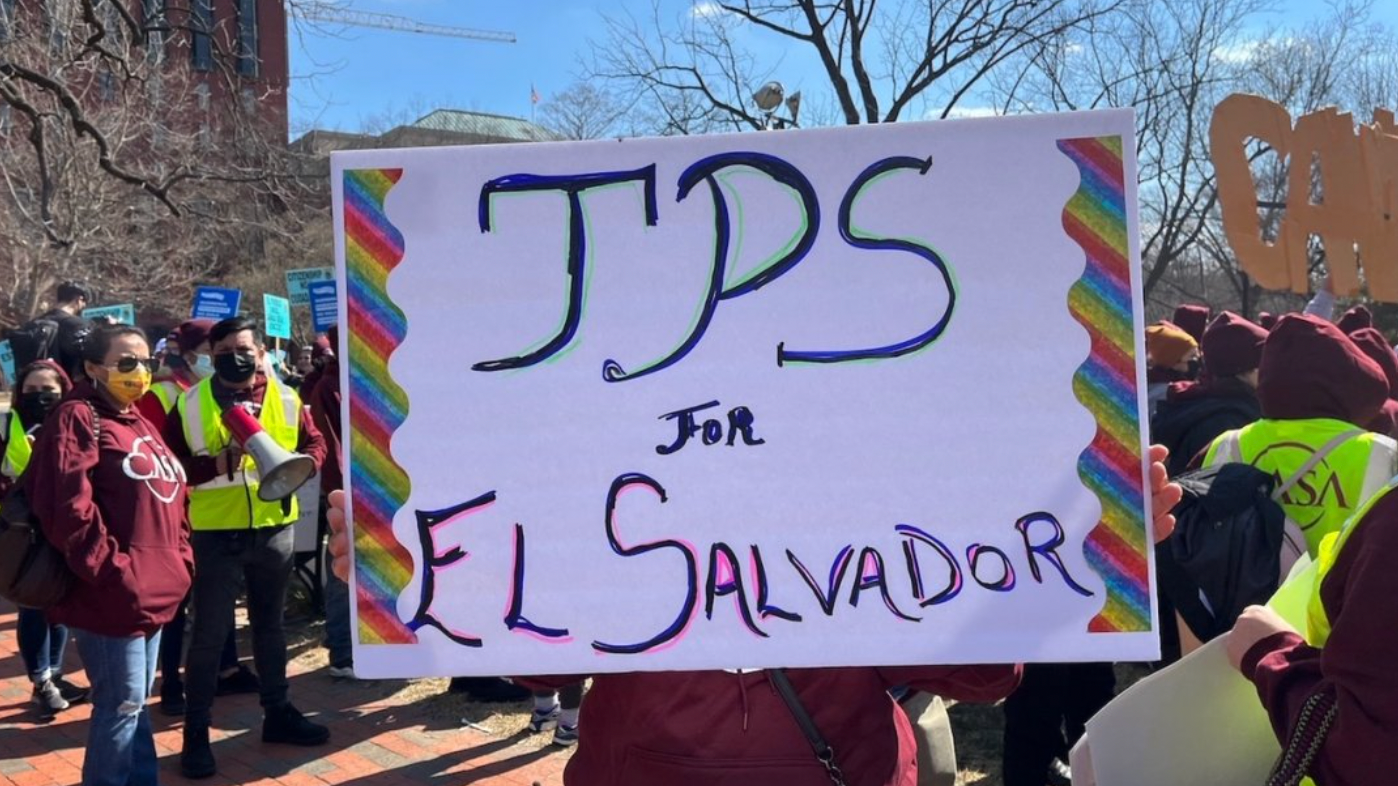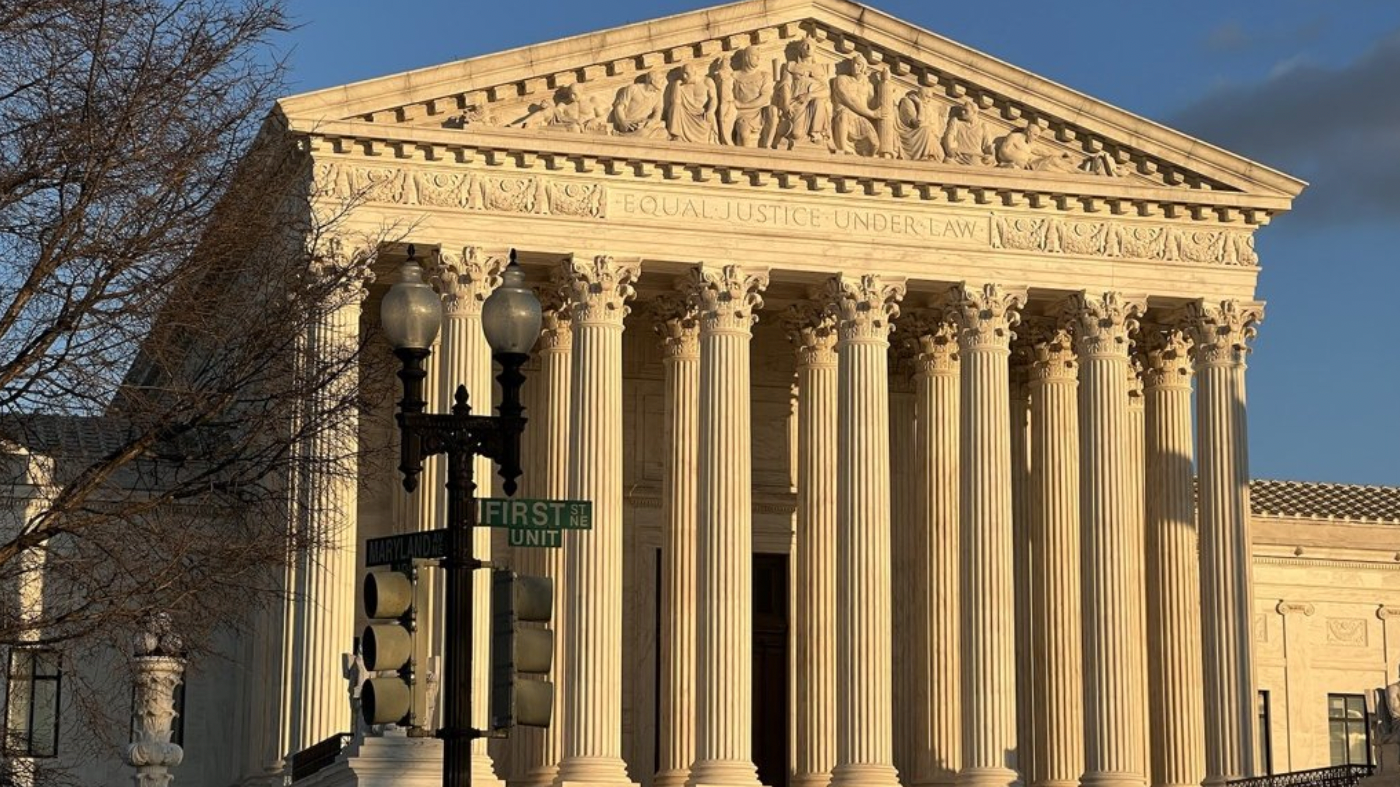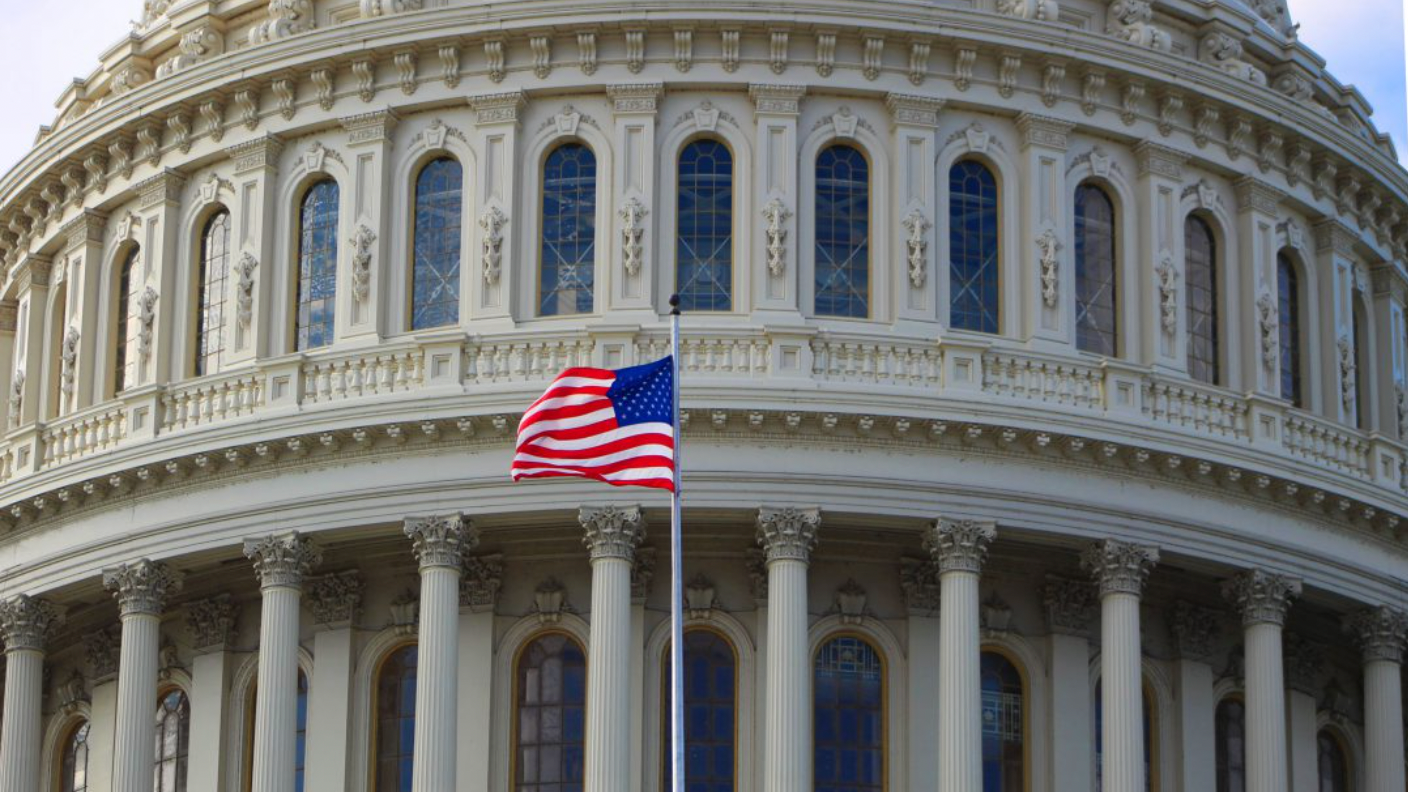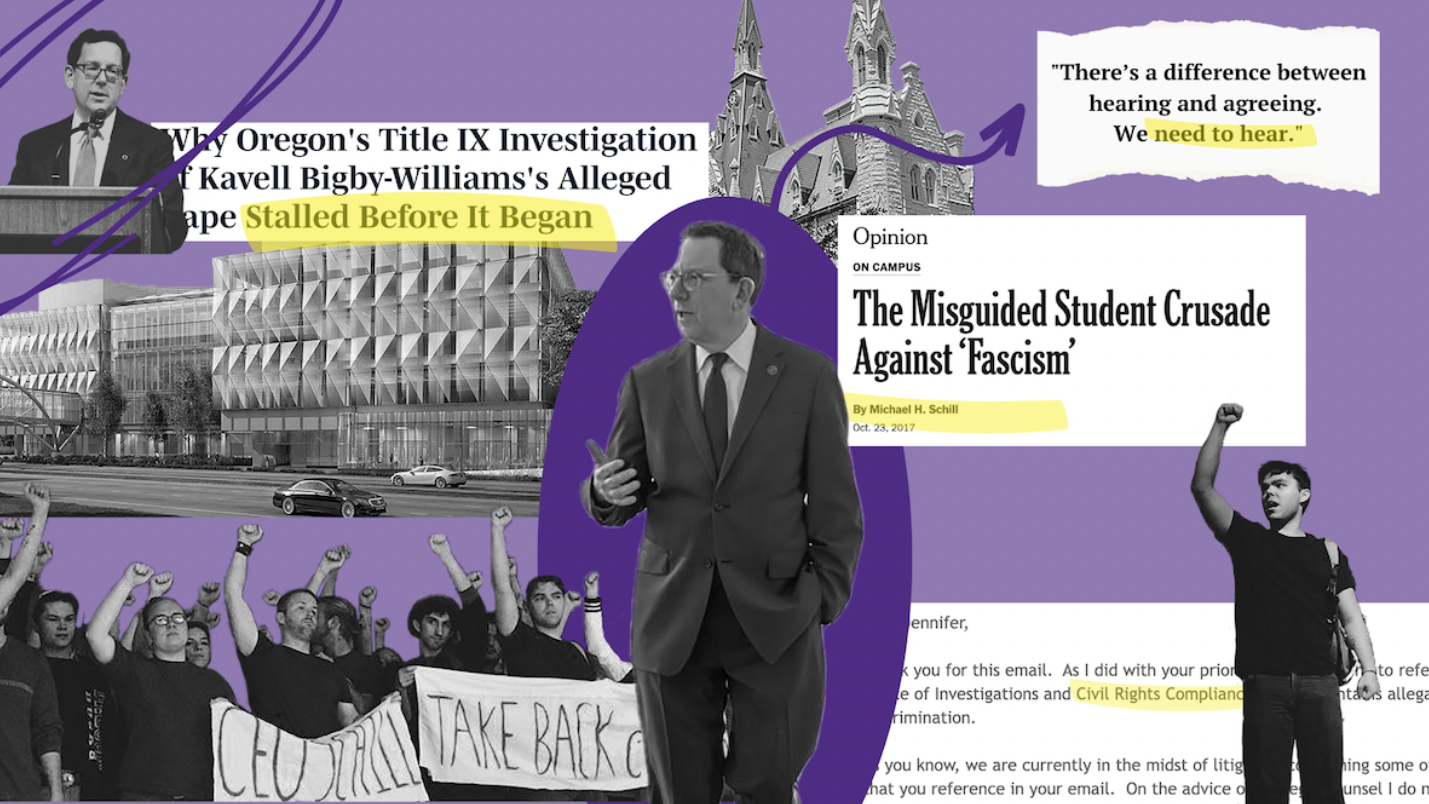Evelyn, a Salvadoran immigrant on Temporary Protected Status (TPS), and her husband, who is also Salvadoran but is not on TPS, at the “Day Without Immigrants” rally in Washington, D.C., on February 14, 2022. (Ali Bianco/Latino Rebels)
ARIZONA BORDER, June 1999 — It has been two days and two nights of trudging through the Arizona desert. Faustino’s left leg is lifeless. As his feet drag through the sand, he recalls his previous endeavors at this same malicious journey.
The first four attempts remain largely a blur of dust, heat, and severe dehydration. The fifth he spent taking care of a six-year-old boy crossing with no guardian. After the sixth, he was exhausted. It had been two months of trying.
He pushes forward this seventh time until he finds a car to take him to Los Angeles.
He doesn’t realize he’s six months too late.
SANTA ANA, El Salvador, 18 Months Later — With earthquakes come destruction, and crime quickly follows. Landlords extort Evelyn’s family business by raising rent prices. The streets of Santa Ana grow less safe by the day, but they are also the same streets where she’s taken her first steps. This is the same land her father has fought for 17 years to protect as a member of the Salvadoran military. Now, her family is preparing to leave.
Evelyn’s mother has received a two-month tourist visa to the United States—a longer than average vacation, but still temporary. Not long after Evelyn, her parents, and younger sister arrive in Aspen Hill, Maryland, a 7.6 magnitude earthquake wrecks El Salvador. Two months later, Evelyn’s family has to face their new reality—they are not returning home.
From 1999 to 2001, Honduras, Nicaragua and El Salvador were designated for Temporary Protected Status (TPS), an executive federal protection for immigrants from countries suffering natural disasters, instability, and armed conflict. Still, TPS is not automatically granted but must be applied for by eligible individuals. Of the 400,000 immigrants currently on TPS, over 300,000 of them are from Central America.
Evelyn’s family came as the TPS designation was announced. With the possibility of their eligibility, they weighed their options, but Evelyn knew it wasn’t much of a choice—they would be at risk if they returned.
“My mother told me, ‘What do we do?’ The earthquake made everything worse in El Salvador,’ says Evelyn. “It’s traumatizing.”
Evelyn, her little sister, and their parents settled in Maryland. She celebrated her 16th birthday a few months after arriving, welcoming a new chapter of her life but mourning the loss of her childhood in Santa Ana. She started going to English classes with her younger sister as her family waited to be approved for TPS.
“In El Salvador they teach you in schools, but it’s different from here,” says Evelyn. “I was trying to learn in this little school where you paid for classes, and all of us were Latinos there. But it wasn’t the same as a high school where you have to speak English. It was hard at first, at least for me.”
Towards the end of 2001, their application had been accepted, and she was able to enroll in public school. “You felt a bit freer to do things,” Evelyn recalls. “Because when you don’t have a status, it’s scary.”
This is a fear that Faustino has lived with since he arrived in Arizona. The announcement of amnesty for Hondurans suffering from political instability and the devastation of Hurricane Mitch occurred before he found a ride to Los Angeles. Any Hondurans in the country as of January 5 were eligible. He arrived six months later.
But like Evelyn, Faustino didn’t have the option to return to his home country...









